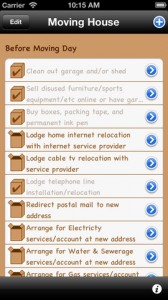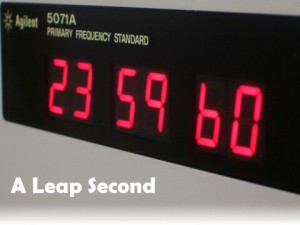Moving house is one of the most stressful times of your life. Up there with your wedding and starting a new school or job, you’ve got enough to worry about without where the things are going to go, what the parking is like and if the lights work adding to your list.
With all kinds of forms to sign and people to meet at certain times in certain places, anything that makes life easier is a Godsend. Like with most things these days, the answer appears to be on your smartphone or tablet. There are now a number of apps designed specifically to take the stress out of moving house, and here are just a few of the best:
Moving House
 If you’re only going to download one app to help with your house move then let it be this beauty; Moving House. Not only does it allow you to craft to do lists to help you remember what you’ve packed, what time your new furniture is being delivered and when u-ship are coming to help you with your furniture removal but is also preloaded with more obscure tasks that often get forgotten.
If you’re only going to download one app to help with your house move then let it be this beauty; Moving House. Not only does it allow you to craft to do lists to help you remember what you’ve packed, what time your new furniture is being delivered and when u-ship are coming to help you with your furniture removal but is also preloaded with more obscure tasks that often get forgotten.
When you have loads on your mind let this app take some of the strain. Its cool open and closed box icons let you know when you’ve completed a task, which is another nice touch. This app is useful for the weeks running up to D-Day, to the actual day itself and following that, a handy tab for the weeks following. This app transforms the most scatty individual into an organized machine, a must have.
Royal Mail-Moving Checklist
This offering from Royal Mail is very impressive and a wealth of information as well as helpful hints and reminders. As do all of the apps, it has a list making feature, but more importantly it has help and advice on where to source items for your new home as well as details on the local amenities near your new home and also information on how to change your address with all of your service providers in one easy step.
This app is a real gem, other useful features are the ‘home progress’ dashboard as well as the count down to moving day and how many tasks you have left to complete.
My Mortgage Mate
This app is a blessing when deciding on budgets and mortgages as well as the financial aspects such as interest rates. Formulated for the UK market this clever tool calculates stamp duty as well as estate agents fees and repayment plans. Easy to use with an immediate response making the house hunting task bearable.
This is especially great for first time buyers who don’t have much experience of the housing market or the rates that accompany it. You are also able to take into account your monthly salary, this app really does do all your calculations for you, letting you see which houses are within reach.


